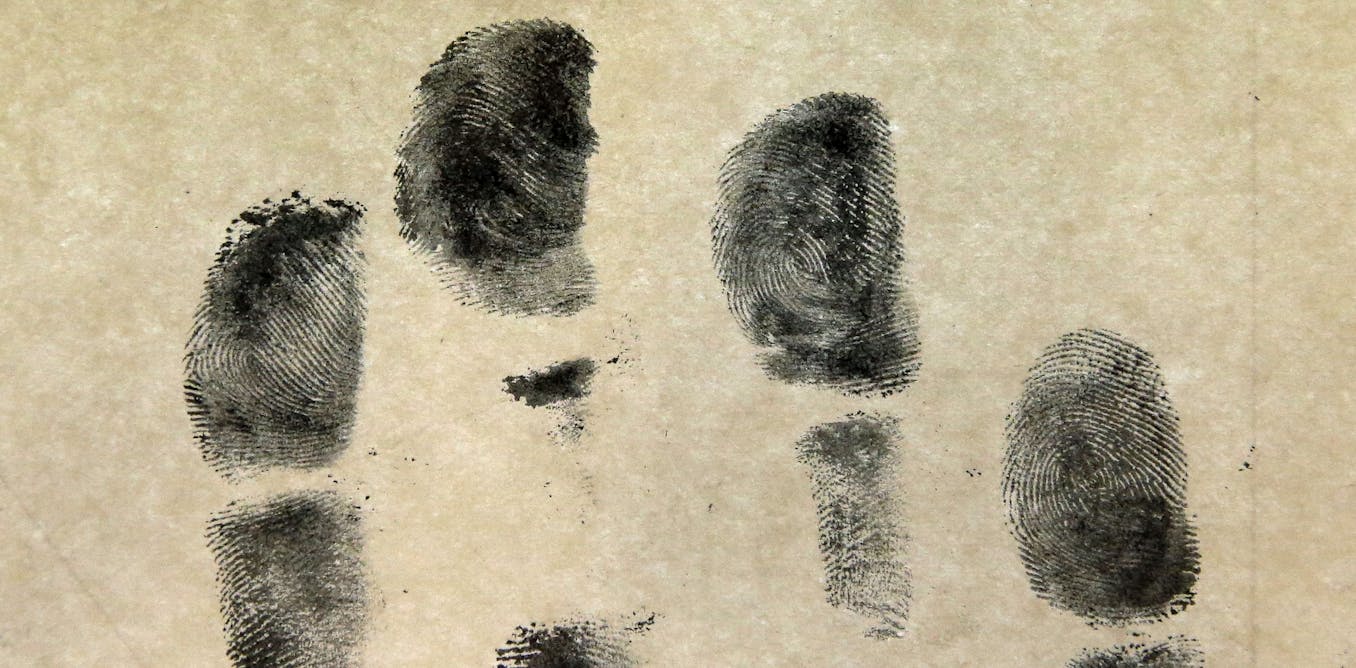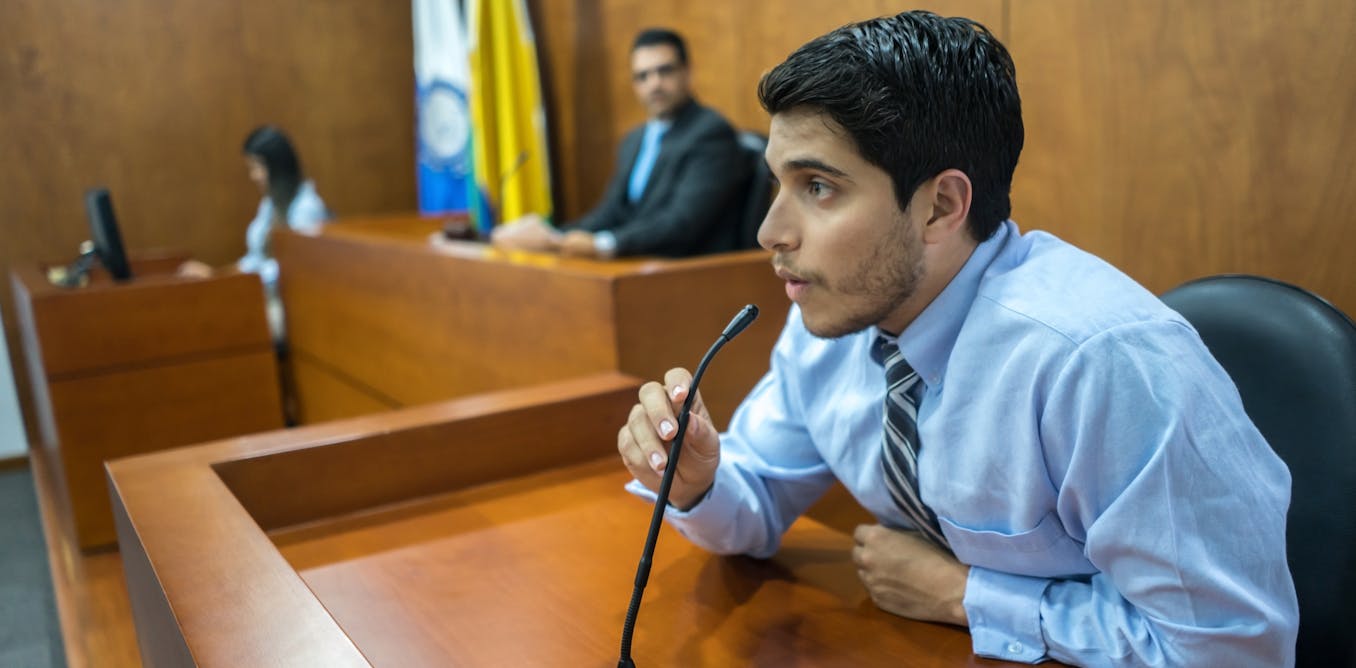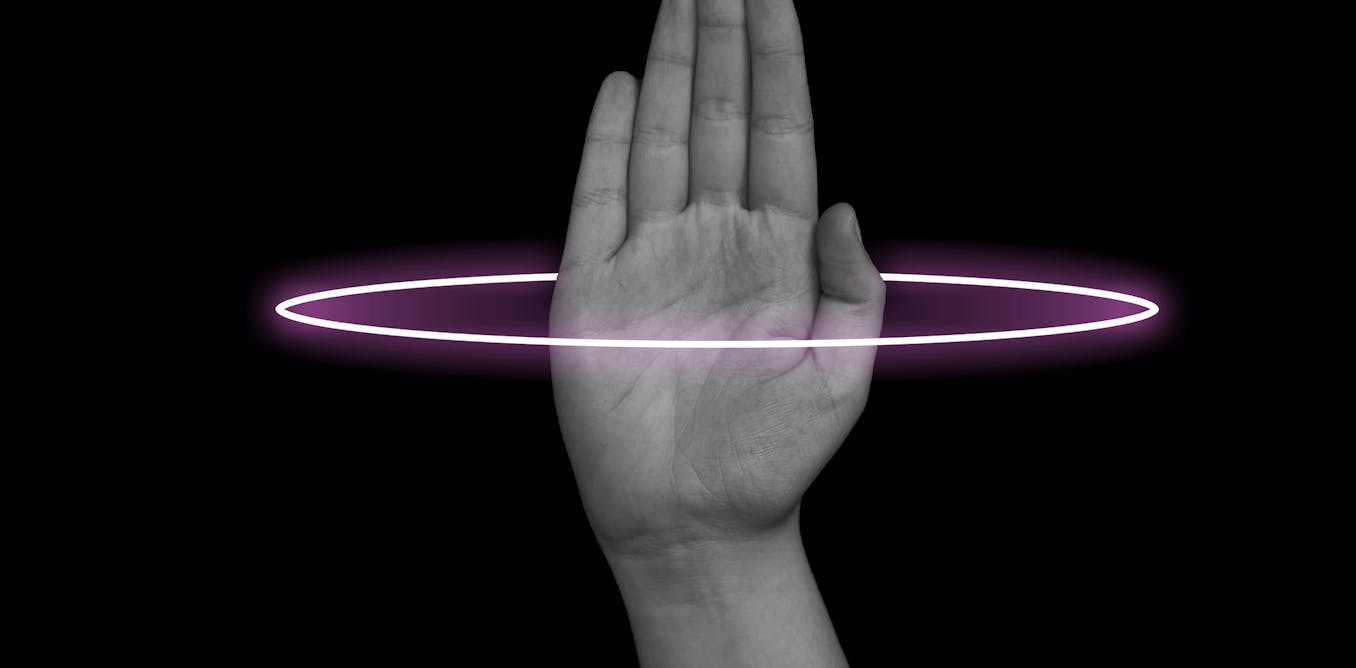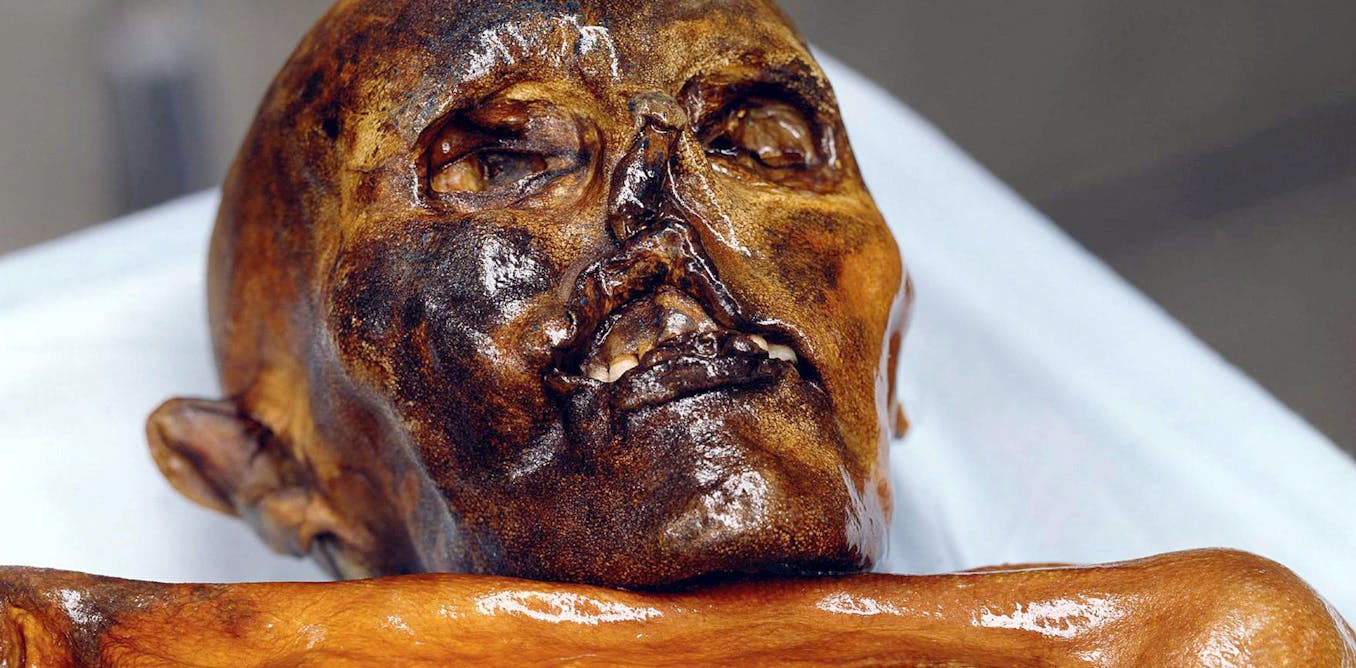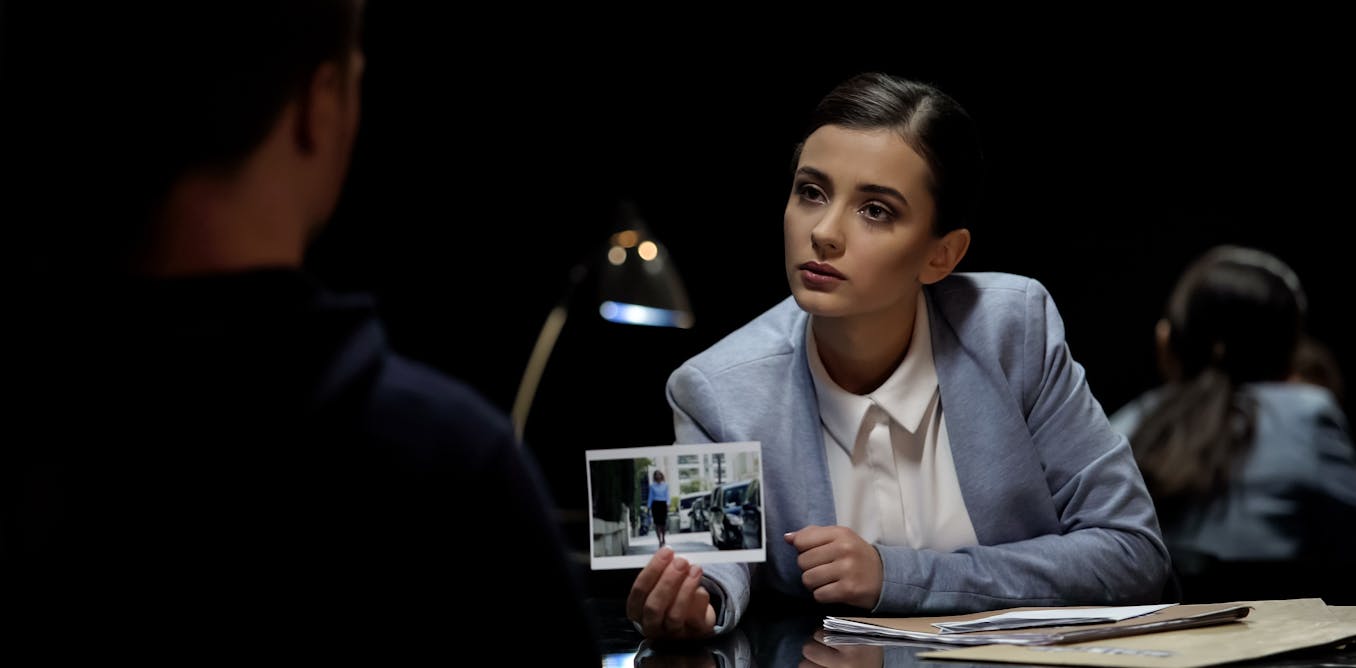Your fingerprint is actually 3D − research into holograms could improve forensic fingerprint analysis
Using fingerprints to catch criminals isn’t 100% accurate, but analyzing fingerprints in 3D, rather than 2D, could improve the process.
Jan. 16, 2024 • ~8 min

